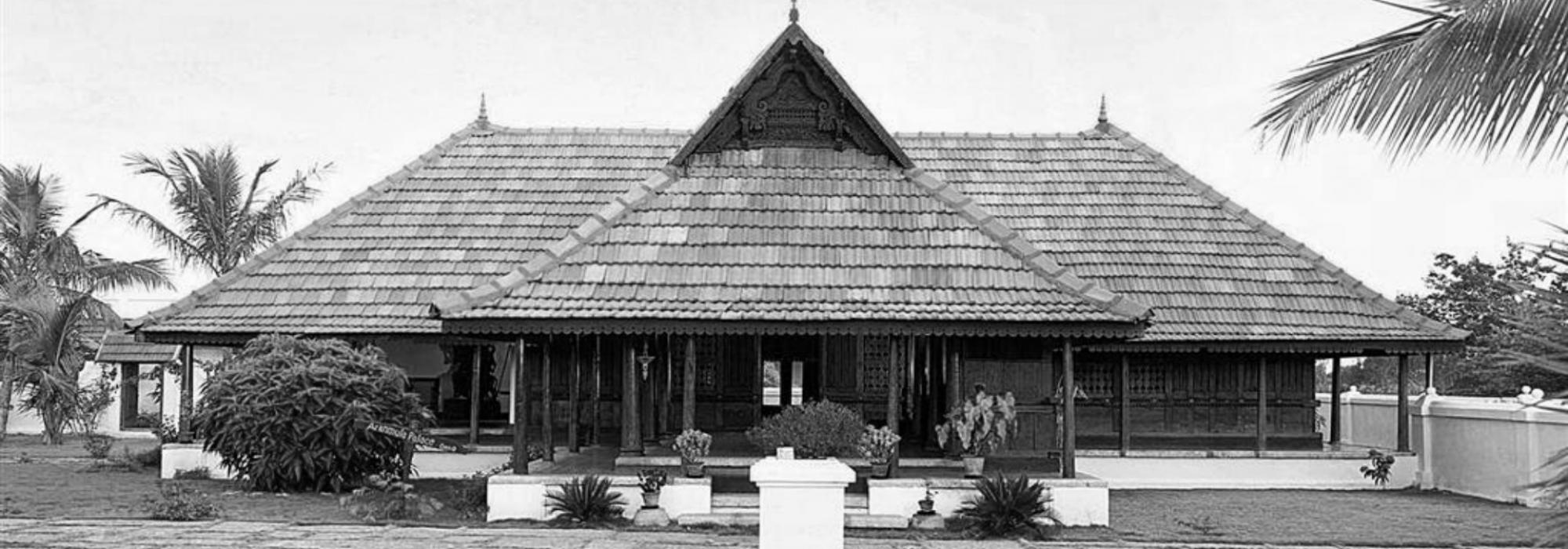त्वमसि रसिकमध्ये मङ्गलस्वानरम्यः
समरमृदितशत्रुः किं च रम्भारतीच्छुः |
दरधरहृदयोsहं नेश्वरश्रीर्जितोsन्यैः
मम वितर समृद्ध्यै मन्दिरं का क्षतिस्ते ||
Garaḻapuriśāstri’s greatness as a poet and his modesty competed with each other. He took up residence in Mysore under the care of Liṅgaraje-aras, the king’s son-in-law. He took up the responsibility of editing the poems written by Liṅgaraje-aras. His family grew with time and he was soon in need of a bigger house. Garaḻapuriśāstri, had no money but was shy to borrow money from anyone else. After a lot of ado, he came up with the above verse in the mālini meter and presented it before the king. Liṅgaraje-aras, a poet himself grasped the suggested import. He said, “Dear Śāstri, a verse of this quality needs to be rewarded with a kingdom and not merely a house”. The King fulfilled Garaḻapuriśāstri’s needs.
One might wonder what is so special about the verse. The details are as follows
The direct import of the verse is:
“You have a divine voice when you are amidst connoisseurs. You have vanquished your enemies in the battle. You love the company of the celestial damsel Rambhā. On the other hand, I have an emaciated chest, have no one to take care of me and have been defeated by the others. You wont lose much by giving me a house to live in.”
When the syllables ‘मं’ ‘दि’ ‘रं’ are removed from the first half of the verse and are added to the second part to the words, मं-दर, दि-नेश्वर, रं-जितो, there is no great change in meaning in the first part. It makes the second part sublime and removes the words of sorrow expressed by the poet. The complete meaning would then be “You have a divine voice when you are amidst connoisseurs. You have killed your enemies in the battle. You love the worship of Sarasvatī. I shall carry Hari, the Mandaradhārin (the one who carried the mythical mountain Mandara during the churning of the milky ocean) in my heart, shall glow like the Sun and shall be entertained by others. If you give me a ‘मन्दिर’ (a house), you will not lose anything’.
Garaḻapuriśāstri was smart in putting forward his request for a ‘मन्दिर’.
Adapted from Kannada by Arjun Bharadwaj
(The original article is from the anthology Kavitegondu Kathe.)















































